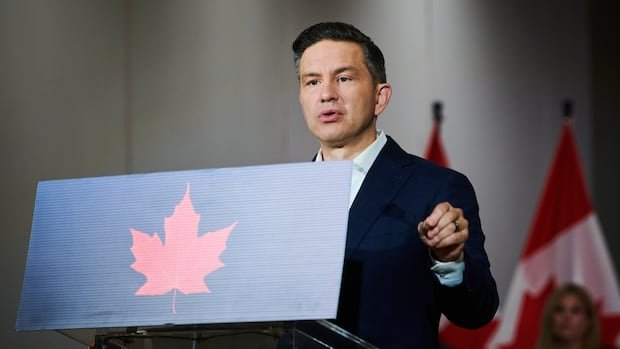A professor at the University of Regina has criticized Pierre Poilievre’s recent push to eliminate the temporary foreign worker program, stating that it aligns with a rising anti-immigrant sentiment in the country and lacks factual basis. Poilievre, the Conservative leader, argued that the program inundates the labor market with low-cost workers, hindering job opportunities for Canadian youth.
Andrew Stevens, an associate professor at the University of Regina, emphasized the importance of making decisions based on evidence rather than political maneuvering. He pointed out the contradictions in Poilievre’s stance, especially considering his support for boosting the energy sector while acknowledging the significance of immigration in certain provinces like Saskatchewan for economic growth.
Saskatchewan Premier Scott Moe addressed the issue by highlighting the province’s reliance on immigration, particularly through programs like the immigrant nominee program. He noted the federal government’s significant reduction in the provincial nominee program and emphasized the need for a balanced immigration policy that benefits both immigrants and the local community.
Poilievre’s proposal to dismantle the temporary foreign worker program but establish a separate initiative for agricultural labor echoes a similar call by the Wheat Growers Association. The association highlighted the substantial increase in temporary foreign workers in agriculture and the necessity of a dedicated stream within the program to address specific industry needs.
While acknowledging the importance of a robust labor force in agriculture, Jeremy Welter of the Agricultural Producers Association of Saskatchewan raised concerns about the specifics of Poilievre’s plan. He questioned the inclusion of related sectors like trucking, heavy-duty mechanics, and food processing within the proposed agricultural stream, emphasizing the need for clarity in defining eligibility criteria.
Critics, including Stevens, expressed concerns about industry influence on immigration policies and advocated for stricter enforcement to prevent the exploitation of foreign workers. They emphasized the need for evidence-based discussions on youth unemployment and employment opportunities to avoid scapegoating newcomers and ensure a skilled workforce is available when economic conditions improve.


